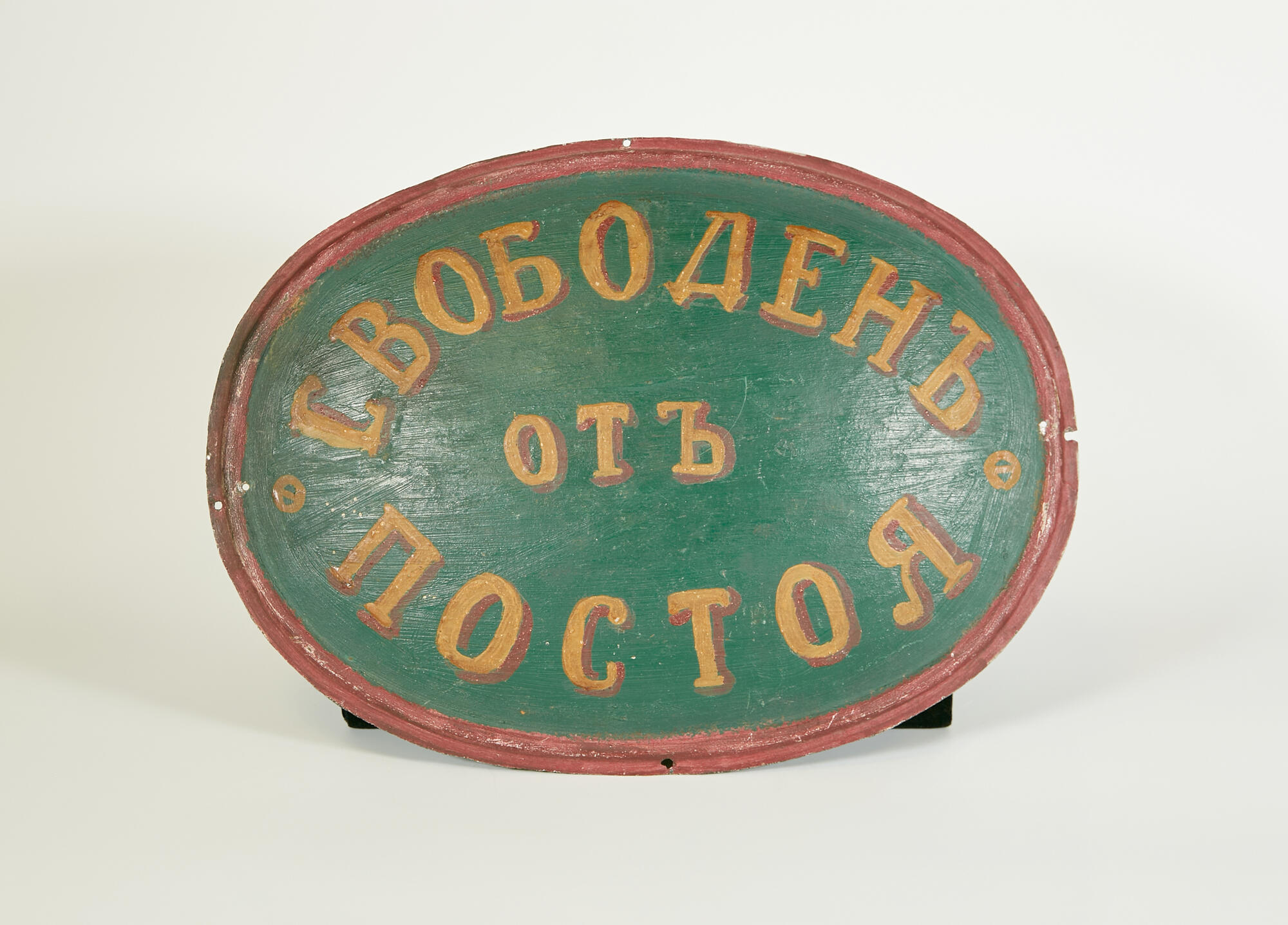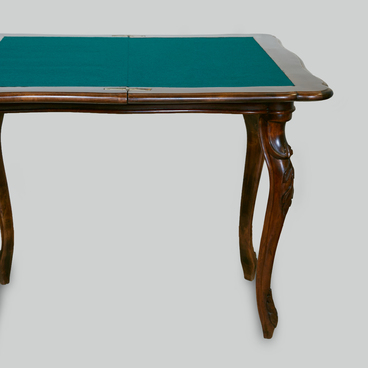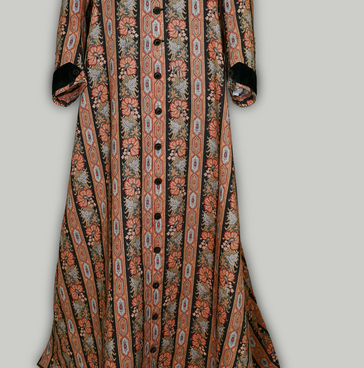The sign “Exempt from Billeting Duty” is a testament to the time when there was a law in Russia, prescribing civilian population to provide soldiers with housing. This practice existed on the territory of the Russian Empire for about two centuries.
Of all the duties, the obligation to quarter soldiers was considered one of the most difficult, both for urban and rural residents, and the most convenient and cost-effective for military and civilian authorities. The owners often suffered humiliation, beatings, theft of property, and debauchery from their guests. Attempts to avoid this duty by paying a bribe led to an increase in the level of corruption in the official environment. It is also known that sometimes the owners intentionally damaged their houses so that they would be unfit for billeting.
With the development of militarism in the world and the establishment of regular troops and forces (armed forces), there was a need to deploy formations of troops in certain places, subject to specific conditions, based on a strategic, operational or tactical goal. This is how this duty appeared in almost all European states.
In some Russian cities, from 1814, the government offered an option to pay a fee instead of billeting. In 1849, a new committee under the Ministry of Internal Affairs was established to solve the billeting question, however, any proposals as to these issues and possible solutions were not successful. The Charter on Zemstvo Duties issued in 1851 confirmed that all troops that could not be accommodated in barracks arranged in cities and villages or in other unoccupied government or public buildings, were entitled to be quartered in the houses of local residents. As the barracks that existed at that time could accommodate only a third of the troops, soldiers were mainly quartered in private homes.
From 1874, the Regulations on Military Billeting Duty were changed, but only by the beginning of the 20th century the state completely abandoned the idea of using private houses and apartments to accommodate military personnel, instead opting for barracks.


